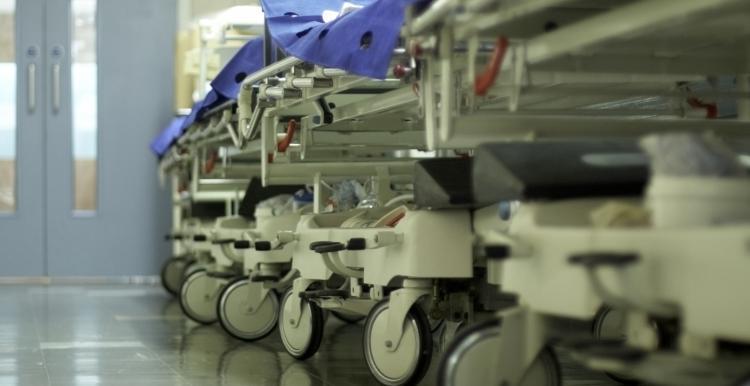Urgent reform needed as complaints in the NHS reached record high

The latest NHS data reveals that written complaints in the NHS have reached a record high in 2024-25.
Key facts
- In total, 256,777 people submitted a written complaint to the NHS, 6% more than the 241,922 who submitted complaints the previous year.
- Over the last decade, the number of written complaints the NHS receives has increased by 24%, from 207,407 complaints in 2014-15.
- Most complaints were about NHS GP or dental services, which rose 7% from 134,177 in 2023-24 to 142,997 in 2024-25. There were also 113,780 complaints about hospital and community services.
Our research indicates that these numbers may be the tip of the iceberg, as many people who experience poor care don't complain.
Almost a quarter of people we polled (24%) told us they had experienced poor NHS care in the past year. Yet more than half (56%) of people who experienced poor care took no action, and just 9% made a formal complaint.
Why the NHS complaints system needs reform
Our research also found why many people may not complain and why the NHS complaints system needs reform.
- Poor complaints experiences are common. Over half (56%) of people who made a formal complaint were dissatisfied with both the process and the outcome of their complaint.
- Less support to help people complain. The budget allocated to councils to arrange statutory NHS complaints advocacy for local people has declined by more than 20% over the last decade.
- Getting a response to your complaint takes time. On average, NHS Integrated Care Boards took 54 working days to respond to complaints they handled as commissioners of NHS services.
- Unclear if the NHS is learning lessons. The NHS needs to do more to capture the right data about who makes complaints, has a culture that does not always welcome complaints or fails to learn fully from complaints. There is also little national oversight and accountability over the complaints process.
Our response to the latest data
Our External Affairs Manager, Rebecca Curtayne, said:
"Fewer than one in ten people who experienced poor care in the past year told us they made a formal NHS complaint. The most common reason was a lack of confidence that the NHS would take meaningful action to prevent similar issues for future patients. Many also feared that speaking up could negatively affect their ongoing care.
"Even when people do make the effort to complain, they're often met with delays and defensiveness from services — adding frustration to an already difficult experience.
"The Government has committed to reforming the NHS complaints process as part of its ten-year plan. However, the public needs clarity on what those reforms will involve and when they will be delivered.
"We call on the Department of Health and Social Care to act swiftly. This should start with consulting the public on the design of the new complaints system — one that responds quickly when things go wrong, treats people with empathy, and genuinely learns from mistakes."
